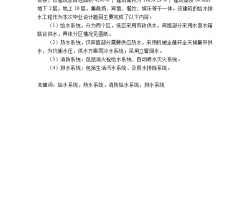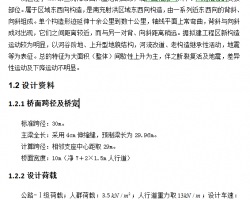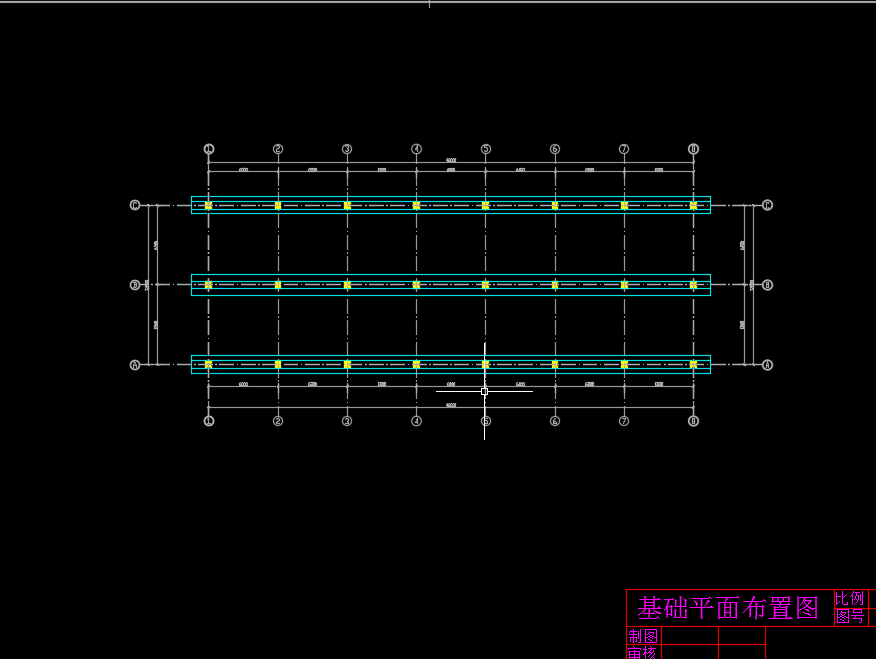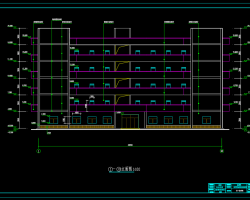正确引用作品原文或专家、学者的论述是写好英语论文的重要环节;既要注意引述与论文的有机统一,即其逻辑性,又要注意引述格式 (即英语论文参考文献)的规范性。引述别人的观点,可以直接引用,也可以间接引用。无论采用何种方式,论文作者必须注明所引文字的作者和出处。目前美国学术界通行的做法是在引文后以圆括弧形式注明引文作者及出处。现针对文中引述的不同情况,将部分规范格式分述如下。
1.若引文不足三行,则可将引文有机地融合在论文中。如:
The divorce of Arnold's personal desire from his inheritance results in “the familiar picture of Victorian man alone in an alien universe”(Roper9).
这里,圆括弧中的Roper为引文作者的姓(不必注出全名);阿拉伯数字为引文出处的页码(不要写成p.9);作者姓与页码之间需空一格,但不需任何标点符号;句号应置于第二个圆括弧后。
2.被引述的文字如果超过三行,则应将引文与论文文字分开,如下例所示:
Whitman has proved himself an eminent democratic representative and precursor, and his “Democratic Vistas”
is an admirable and characteristic
diatribe. And if one is sorry that in it
Whitman is unable to conceive the
extreme crises of society, one is certain
that no society would be tolerable whoses
citizens could not find refreshment in its
buoyant democratic idealism.(Chase 165)
这里的格式有两点要加以注意。一是引文各行距英语论文的左边第一个字母十个空格,即应从第十一格打起;二是引文不需加引号,末尾的句号应标在最后一个词后。
3.如需在引文中插注,对某些词语加以解释,则要使用方括号(不可用圆括弧)。如:
Dr.Beaman points out that“he [Charles Darw in] has been an important factor in the debate between evolutionary theory and biblical creationism”(9).
值得注意的是,本例中引文作者的姓已出现在引导句中,故圆括弧中只需注明引文出处的页码即可。
4.如果拟引用的文字中有与论文无关的词语需要删除,则需用省略号。如果省略号出现在引文中则用三个点,如出现在引文末,则用四个点,最后一点表示句号,置于第二个圆括弧后(一般说来,应避免在引文开头使用省略号);点与字母之间,或点与点之间都需空一格。如:
Mary Shelley hated tyranny and“looked upon the poor as pathetic victims of the social system and upon the rich and highborn...with undisguised scorn and contempt...(Nitchie 43).
5.若引文出自一部多卷书,除注明作者姓和页码外,还需注明卷号。如:
Professor Chen Jia's A History of English Literature aimed to give Chinese readers“a historical survey of English literature from its earliest beginnings down to the 20thcentury”(Chen,1:i).
圆括弧里的1为卷号,小写罗马数字i为页码,说明引文出自第1卷序言(引言、序言、导言等多使用小写的罗马数字标明页码)。此外,书名 A History of English Literature 下划了线;规范的格式是:书名,包括以成书形式出版的作品名(如《失乐园》)均需划线,或用斜体字;其他作品,如诗歌、散文、短篇小说等的标题则以双引号标出,如“To Autumn”及前面出现的“Democratic Vistas”等。
6.如果英语论文中引用了同一作者的两篇或两篇以上的作品,除注明引文作者及页码外,还要注明作品名。如:
Bacon condemned Platoas“an obstacle to science”(Farrington, Philosophy 35).
Farrington points out that Aristotle's father Nicomachus, a physician, probably trained his son in medicine(Aristotle 15).
这两个例子分别引用了Farrington的两部著作,故在各自的圆括弧中分别注出所引用的书名,以免混淆。两部作品名均为缩写形式(如书名太长,在圆括弧中加以注明时均需使用缩写形式),其全名分别为 Founder of Scientific Philosophy 及 The Philosophy of Francis Baconand Aristotle。
7.评析诗歌常需引用原诗句,其引用格式如下例所示。
When Beowulf dives upwards through the water and reaches the surface,“The surging waves, great tracts of water, / were all cleansed...”(1.1620-21).
这里,被引用的诗句以斜线号隔开,斜线号与前后字母及标点符号间均需空一格;圆括弧中小写的1是line的缩写;21不必写成1621。如果引用的诗句超过三行,仍需将引用的诗句与论文文字分开(参见第四项第2点内容)。






